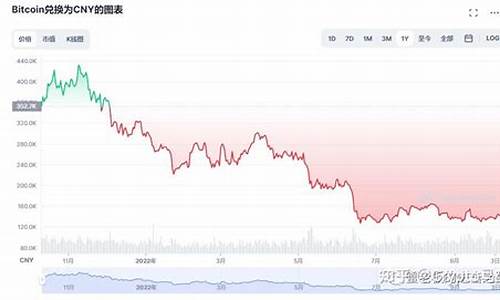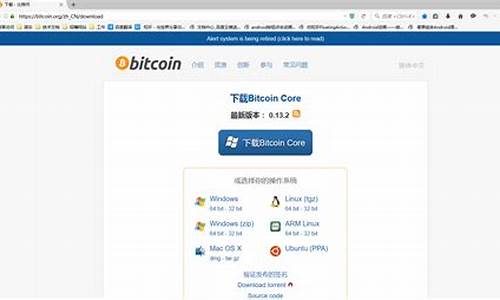
As the economy continues to grow, inflation has become a significant concern for many people. Inflation refers to the increase in prices of goods and services over time, which can have a negative impact on an individual's purchasing power. In this article, we will discuss some strategies that individuals can use to prepare for and cope with inflation.
Firstly, it is essential to understand the causes of inflation. Inflation can be caused by various factors, including changes in supply and demand, increases in production costs, and monetary policy decisions made by central banks. Therefore, it is crucial to stay informed about economic indicators such as inflation rates, interest rates, and employment figures.
One way to protect oneself from inflation is to invest in assets that tend to appreciate in value over time. For instance, real estate, stocks, and gold are all examples of assets that can help to hedge against inflation. However, it is important to note that investing always carries risks, and it is essential to do thorough research and seek professional advice before making any investment decisions.
Another strategy for coping with inflation is to focus on increasing one's income. This can be achieved through seeking higher-paying jobs or taking on additional work opportunities. Additionally, individuals can consider starting their own businesses or investing in passive income streams such as rental properties or dividend-paying stocks.
It is also important to be mindful of how spending habits impact inflation. Purchasing items on credit or using cashless payment methods can lead to higher transaction fees and ultimately increase the cost of goods and services. Therefore, it is advisable to pay cash for purchases whenever possible and avoid unnecessary expenses that can add up over time.
Finally, it is crucial to have an emergency fund set aside for unexpected expenses. An emergency fund can help individuals weather unexpected financial hardships without having to resort to borrowing or taking on additional debt. The recommended amount for an emergency fund varies depending on individual circumstances, but it is generally advisable to have at least three to six months' worth of living expenses saved in an easily accessible account.
In conclusion, while inflation can be a challenging economic phenomenon, there are several strategies that individuals can use to prepare for and cope with it. By staying informed about economic indicators, investing in assets that appreciate in value, focusing on increasing income, being mindful of spending habits, and having an emergency fund, individuals can take steps towards protecting their financial well-being during periods of inflation.

 境外公司给境内个人支付外汇的规定最新
境外公司给境内个人支付外汇的规定最新 15万硬币等于多少人民币(十五万元人民币
15万硬币等于多少人民币(十五万元人民币 如何应对到来的通货膨胀问题呢英语(如何应
如何应对到来的通货膨胀问题呢英语(如何应 比特币交易平台提取到钱包
比特币交易平台提取到钱包 2018年最好的比特币钱包(2020比特
2018年最好的比特币钱包(2020比特 放在钱包中的比特币如果有硬分叉(比特币放
放在钱包中的比特币如果有硬分叉(比特币放 以太坊钱包添加智能合约地址(以太坊智能合
以太坊钱包添加智能合约地址(以太坊智能合 比特币客户端钱包注册教程(比特币账户怎么
比特币客户端钱包注册教程(比特币账户怎么